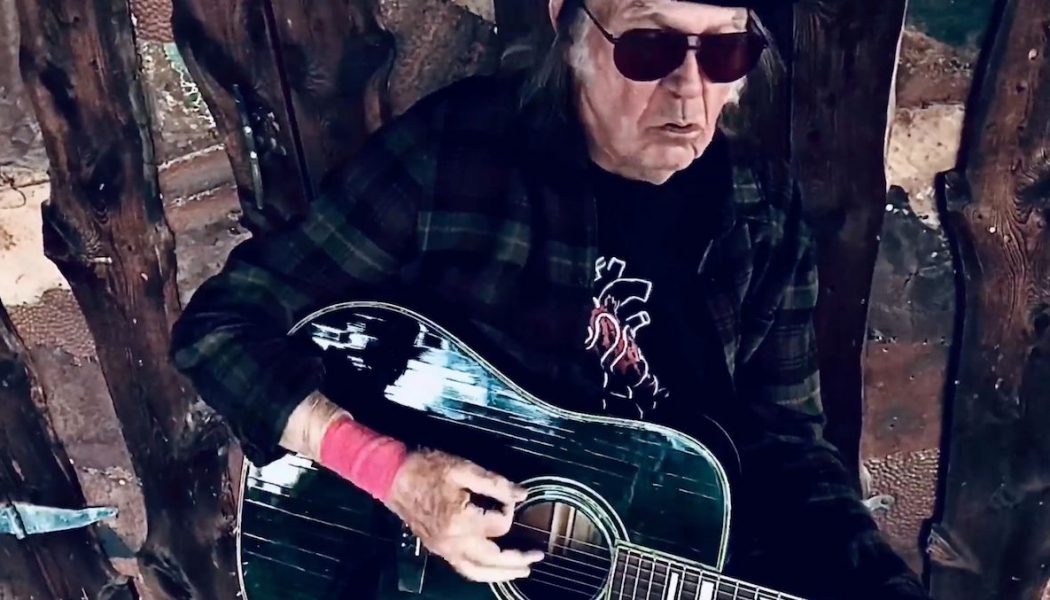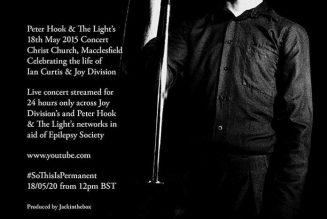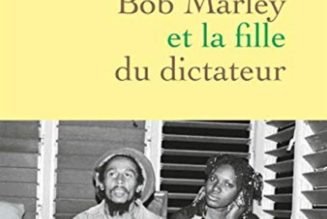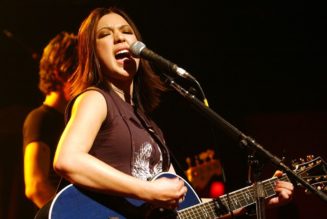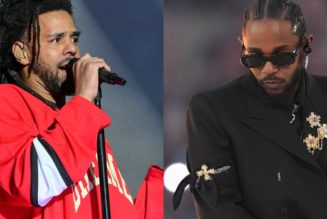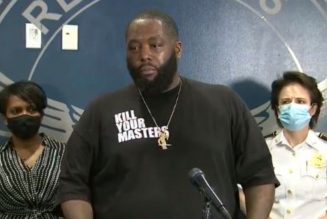
A few weeks after releasing his long “lost” album Homegrown, Neil Young is back with the latest edition of his Fireside Sessions. After playing at every fire pit and fireplace in his Colorado home over the first four episodes, the folk icon took to the barn for the most recent entry. Now, Young steps out onto his front porch — and into his personal teepee — for Fireside Session No. 6.
With his wife Daryl Hannah behind the camera, Young delivered a set of politically pertinent songs from throughout his storied catalog. He opened with “Alabama” from Harvest before going into the Decade rarity “Campaigner”, his first time playing the song since 2008. He also dusted off the enduring Crosby, Stills, Nash & Young protest song “Ohio”, as well as the terribly relevant “Southern Man”.
For all the classic tracks Young played this time out, there were two clear highlights. The first came when he entered his teepee to deliver a silhouetted cover of Bob Dylan’s “The Times They Are a-Changin’”. Young sat in with Dylan during a 1988 set where he performed the song, but this marked the first time he’d played it solo (via JamBase).
Immediately following that scene, Young brought out the Living with War cut “Lookin’ for a Leader”, altering the lyrics to fit the current presidential election: “Yeah, we had Barack Obama, and we really need him now/ The man who stood behind him has to take his place somehow/ America has a leader building walls around our house/ Who don’t know Black lives matter, and it’s time to vote him out.” (Young recently endorsed Joe Biden in a letter slamming Trump’s response to the BLM protests.)
Editors’ Picks
The whole thing ended with an extended, sunset rendition of Homegrown’s “Little Wing”. As Young tried to leave, Hannah could be heard saying, “Don’t go,” so Young continues strumming. Watch the whole thing over at the Neil Young Archives.
The “Porch Episode” also came with a call to donate to the Navajo Water Project’s Project Give Water initiative, which seeks to help provide clean, running water to the over 30% of the Navajo population that still lacks access.
